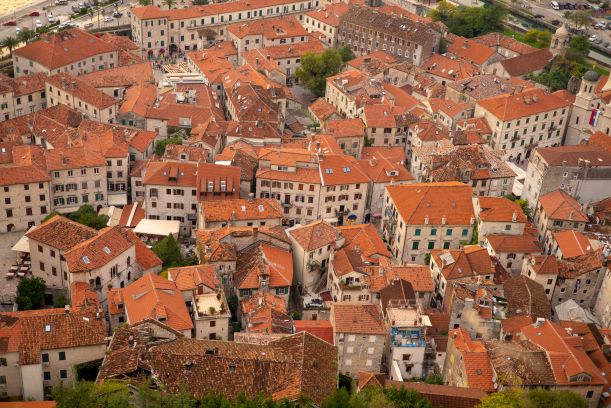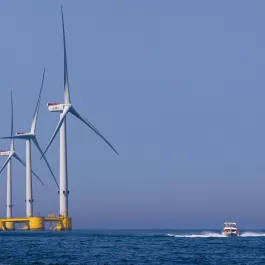
EDP has concluded a European research project that has tested new local energy markets

Project Dominoes ran for four years and was tested in two countries; one of the demonstrators was implemented in Évora and helped create an innovative local energy market model.
EDP has just successfully studied the benefits of creating local energy flexibility markets – a pilot project in which families and companies exchange electricity according to their needs at specific times of the day. Under the project's specific conditions, it was possible to showcase two kinds of potential benefits for those who buy and sell energy in local energy markets. Based on a sample of consumers, the project found that users achieved savings amounting to almost 7% of their average energy bill, which translates into about 5 EUR per month. The study also concluded that users who produce energy with PV solar panels can earn about 2,5 EUR per month by selling surplus energy in the same markets. These are some of the conclusions of Project Dominoes which complement several important studies carried out over the last four years.
Launched in late 2017, this study – which received European funds amounting to €4 million under Horizon 2020 and involved several domestic and international partners – sought to explore an innovative local energy market concept focusing on flexibility – a segment that makes it possible to balance the availability of electricity across various consumption points. Various business cases were evaluated in order to assess the best way to extract value from flexibility and asset management in this new generation of energy markets.
The model was tested in two countries and three demonstration environments, two of them in Portugal – a real one, in the Valverde area (Évora municipality, Alentejo) and a virtual one, through a VPP (Virtual Power Plant) solution, which brought together several consumption points scattered across the country. The third test took place in Finland. After the assessment phase, Project Dominoes presented its findings.
The project has also helped develop a potential platform for managing these local markets and a web application to interface between sellers and consumers.
The consortium behind Project Dominoes comprises eight organizations from four European countries: Enerim, the project coordinator; Finnish university LUT (Lappeenranta-Lahti University of Technology); the University of Leicester (United Kingdom); and the University of Seville (Spain). The consortium also includes several Portuguese organizations: EDP NEW, E-REDES, and Virtual Power Solutions. ISEP - Porto Polytechnic School of Engineering was the Portuguese academic partner.
As a leader in the energy transition process, EDP believes that investing in innovative and sustainable solutions is a decisive contribution to a clean, smart and digital future. Project Dominoes is yet another example of the sharing of skills and knowledge which has allowed EDP – through its business units and a large array of partners - to take yet another important step towards developing sustainable communities and a new generation of energy markets.
For more information, please check the project website here.


